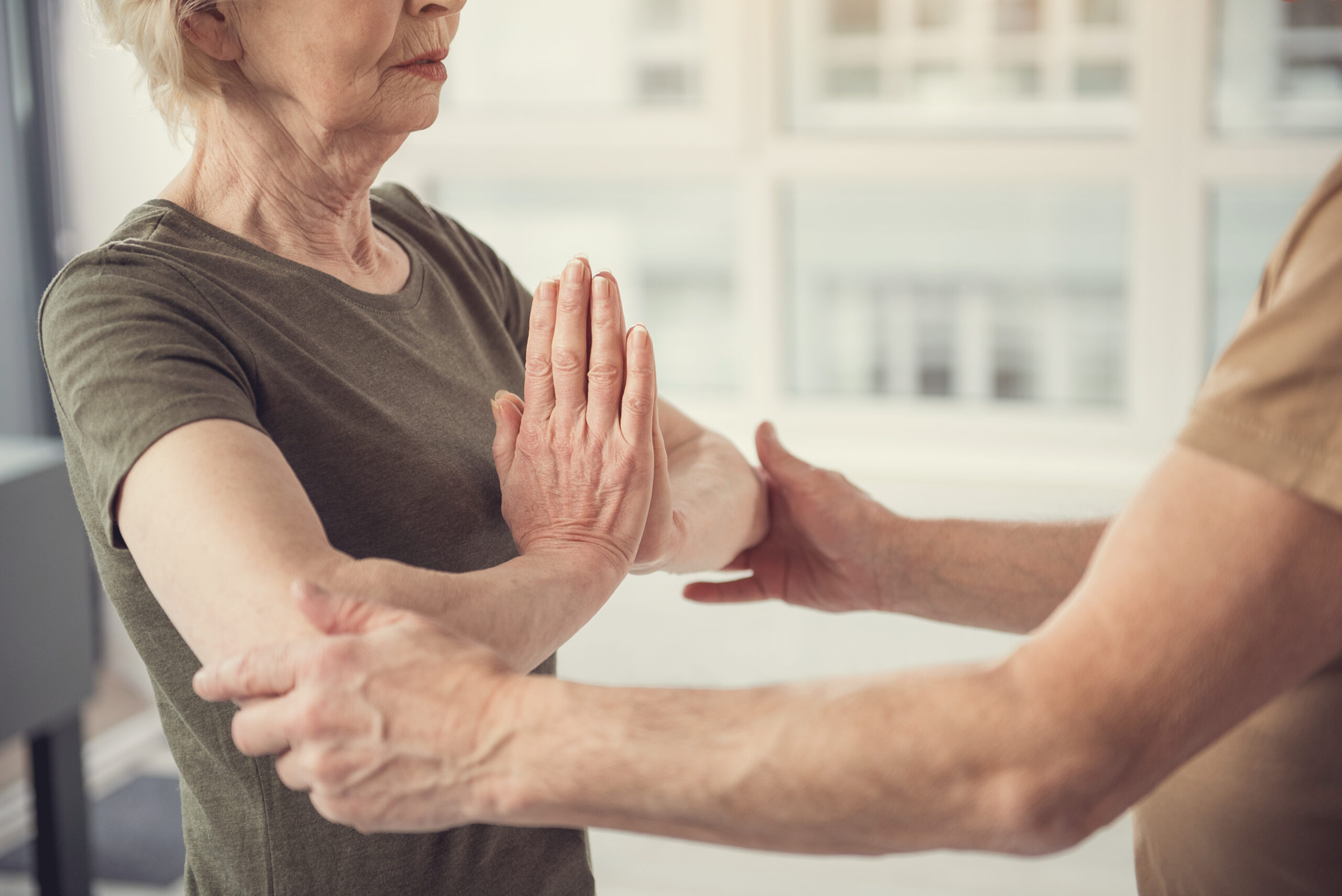How does menopause affect hobby groups
Menopause is a significant life transition that affects millions of women worldwide. While its physical symptoms are well-documented, the impact on mental health and social interactions, such as those within hobby groups, is often overlooked. As women navigate this change, they may experience a range of cognitive and emotional shifts that can influence their participation in and enjoyment of group activities.
### Cognitive Changes and Group Dynamics
Menopause is associated with hormonal changes, particularly a decline in estrogen levels. This hormone plays a crucial role in brain health, supporting memory, learning, and cognitive function. As estrogen levels drop, women may experience symptoms like forgetfulness, “brain fog,” and difficulty concentrating[2]. These cognitive changes can affect how women engage with their hobbies and interact within groups. For instance, they might struggle to remember instructions or follow complex discussions, which could lead to feelings of frustration or embarrassment.
### Emotional Health and Social Interactions
The hormonal shifts during menopause can also lead to mood swings, anxiety, and depression[3]. These emotional fluctuations can impact how women interact with others in hobby groups. Mood swings might cause sudden emotional reactions, making it challenging to maintain consistent relationships or participate in group activities without feeling overwhelmed. Anxiety can lead to increased self-consciousness, causing women to withdraw from social interactions or feel hesitant about sharing their work or ideas.
### Sleep Disturbances and Energy Levels
Menopause often disrupts sleep patterns, leading to fatigue and decreased energy levels[5]. This can significantly affect participation in hobby groups, as women may find it difficult to attend meetings or maintain the energy required for activities. Sleep disturbances can also exacerbate cognitive and emotional challenges, creating a cycle that further impacts social engagement.
### Coping Strategies for Hobby Groups
Despite these challenges, there are ways for women to maintain their involvement in hobby groups during menopause:
1. **Open Communication**: Sharing experiences and feelings with group members can foster understanding and support. Many women find comfort in knowing they are not alone in their struggles.
2. **Lifestyle Adjustments**: Engaging in regular exercise, maintaining a healthy diet, and practicing stress reduction techniques like meditation can help manage symptoms and improve overall well-being[3].
3. **Flexible Scheduling**: Groups can accommodate members by offering flexible meeting times or online participation options, allowing women to engage at times when they feel most energized.
4. **Educational Resources**: Providing access to information about menopause and its effects can help group members better understand and support each other.
By acknowledging the impact of menopause on women’s lives and implementing supportive strategies, hobby groups can become more inclusive and nurturing environments for all members. This not only helps women navigate this life transition but also enriches the group dynamic with diverse perspectives and experiences.





